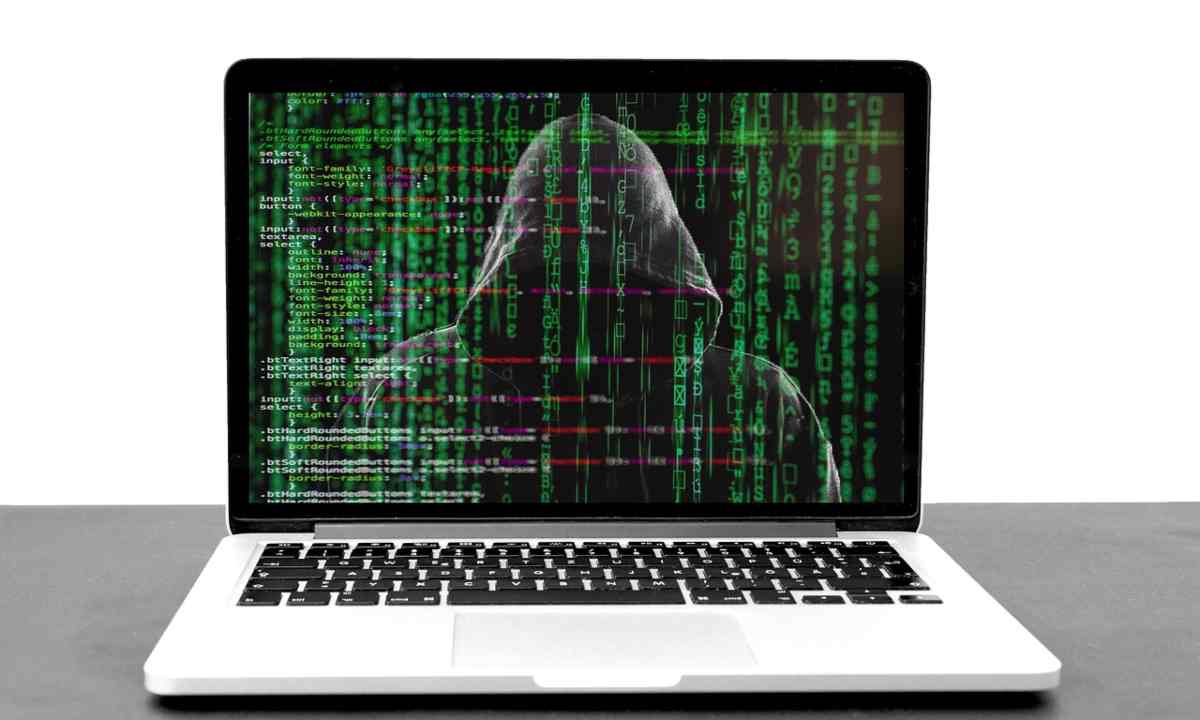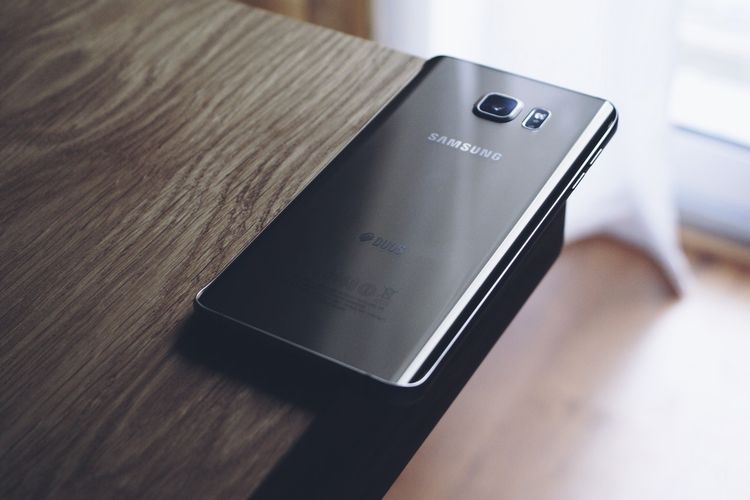The incoming price increase is not the only danger in the bill. A new email scam aims to steal our money by fearing unpaid bills.
Times of price increase on utilities mean problems for portfolios. Above all because the historical moment is far from favorable to an increase in bills, given the current crisis and a future made up more of unknowns than of hopes on the working level. However, the Italians will also have to face this further test, facing upward percentages both on electricity and above all (in proportion) on gas. Not to mention all the other widespread problems ranging from protests against the Green Pass to the application of the new rules on work, essential for staying in line with health provisions.
It was probably only a matter of time that someone, driven by indifferent feelings to the difficulties of our days, would take advantage of the situation to put the already hard-pressed pockets of Italians even more in crisis. The new scam, in fact, relies precisely on the bills, conveying false messages for the phantom missing balances which, if executed, will enlarge the belly of a cheater. In recent weeks the reports have been repeated. Perfectly written mails, unsuspected except for some details. A further nuance of a particularly dangerous world like that of the scam.
Bill scam: the tricks to recognize it
The “recipe” is always the same. An email (in this case falsely signed Tim) that puts us under attack fearing a series of risks, in this case that of incurring penalties for arrears. Since the vast majority of Italians is undercover from Tim, so many people have fallen into the trap. In the message, with the subject “Last reminder for bill payment”, a possible interruption of the service is indicated if the balance is not paid within a few days. Indeed, a report of the latest payments would appear in the attachment. Basically, a well-designed trap.
READ ALSO >>> PostePay, the danger is around the corner: how to defend yourself from the lethal scam
At this point, the “fabulous” button that would solve all problems by clicking is inevitable. In fact, a “Make payment” is indicated, when clicked, our data will be requested, including the credit card number. By respecting this procedure, we will effectively hand over our money to the scammers. It is in fact a totally false email, concocted for the purpose of stealing money without a shot being fired. To understand it, just look at the sender: these messages never come from official channels. A simple check can really save our money. To dispel any doubts, of course, just call our manager, both to be reassured about the regularity of payments and to report the problem. Everyone’s safety is at stake.
–


